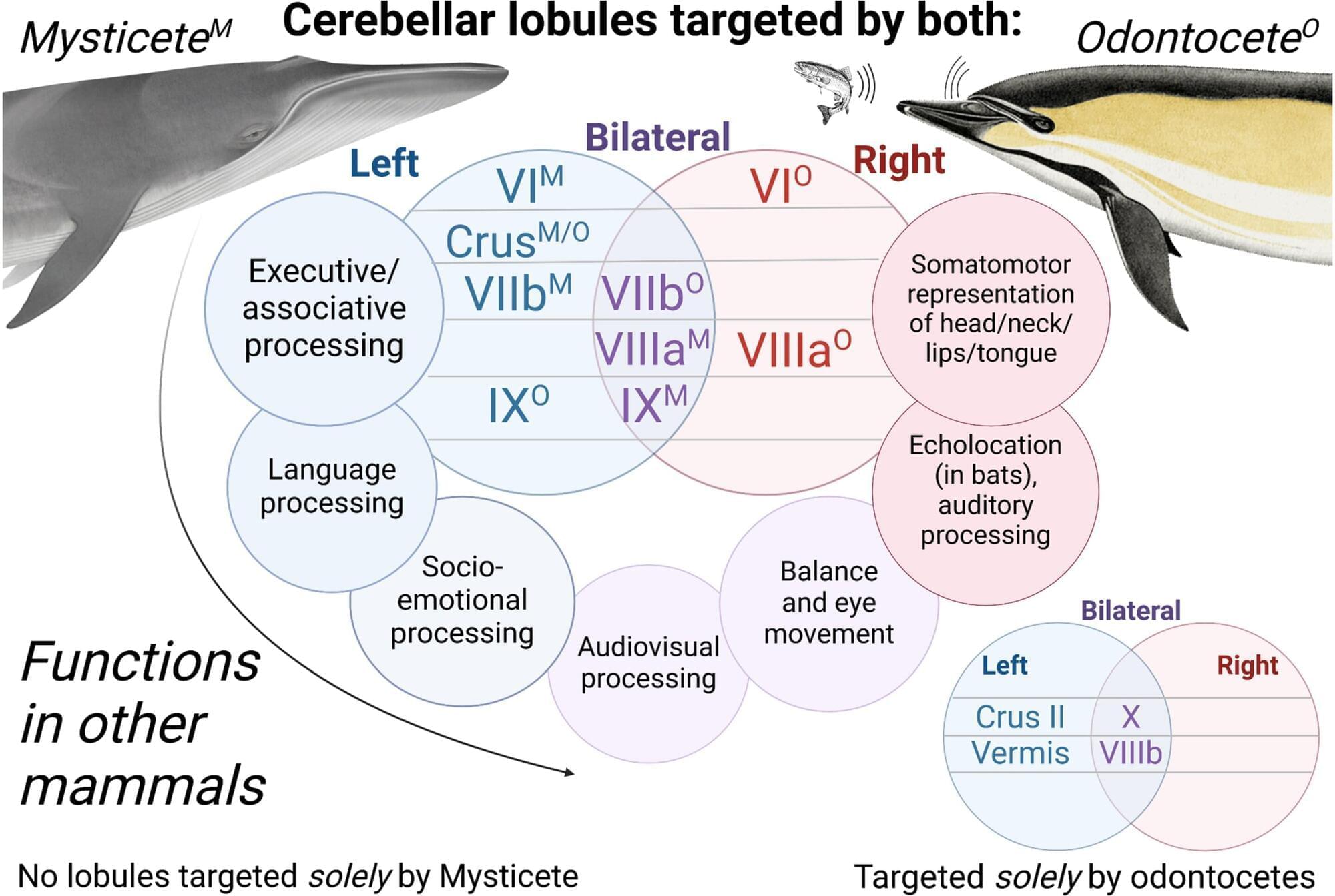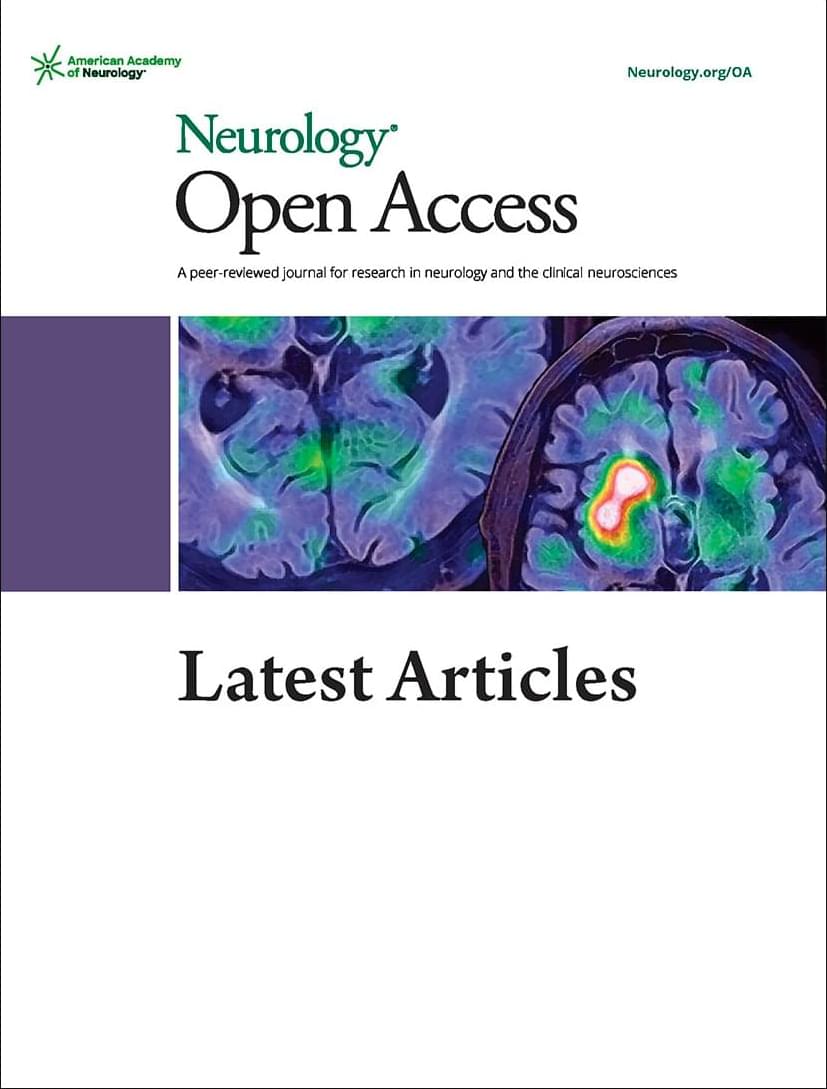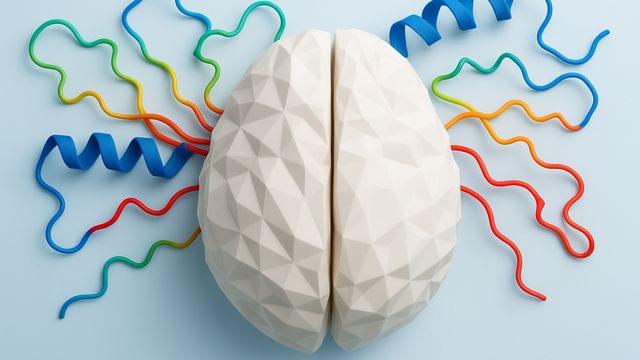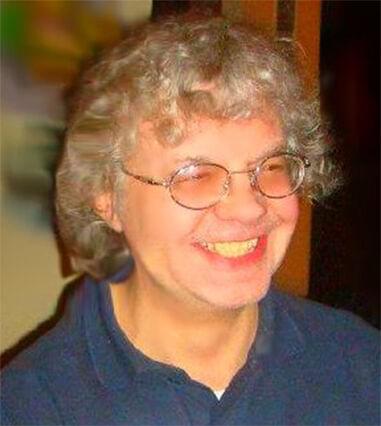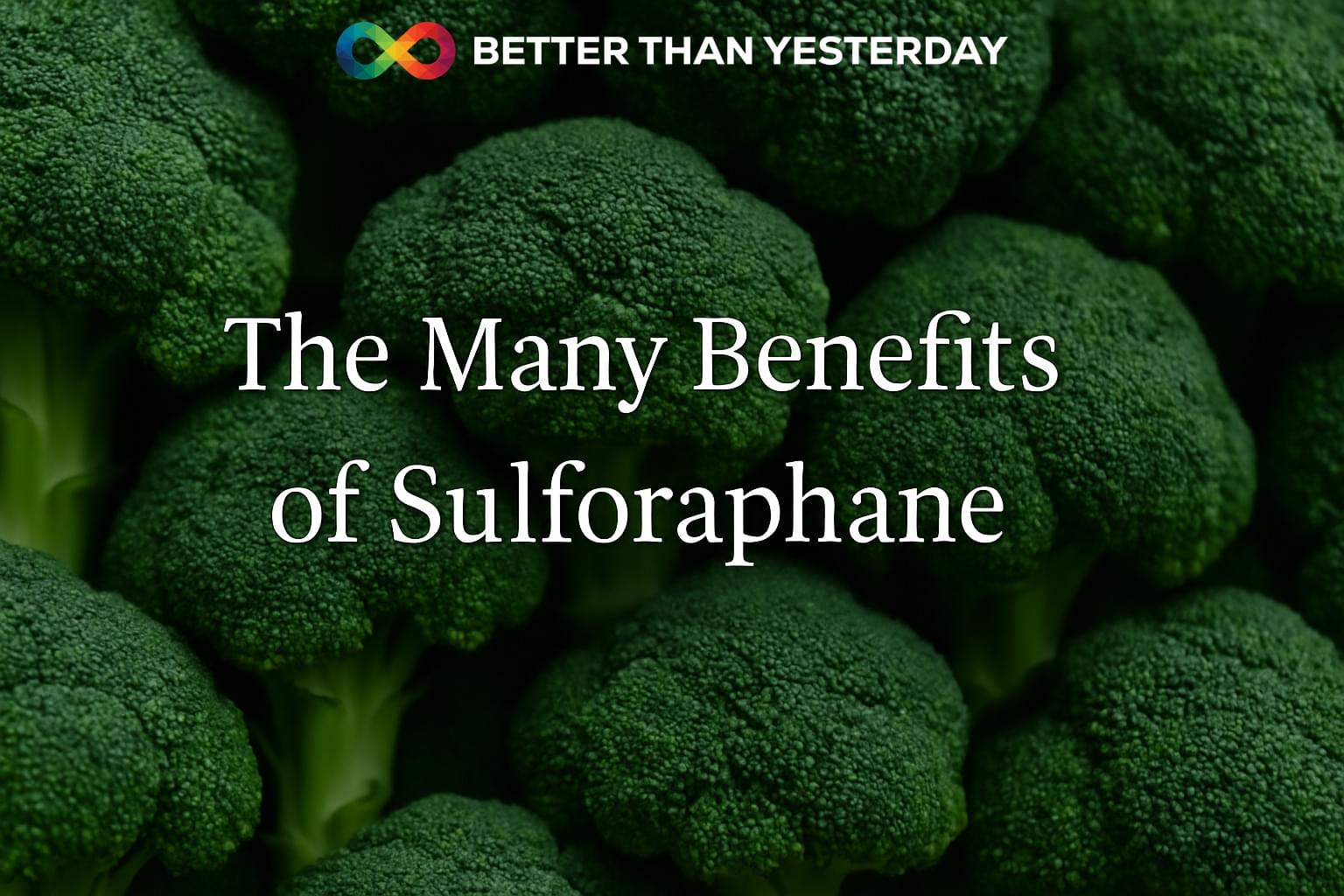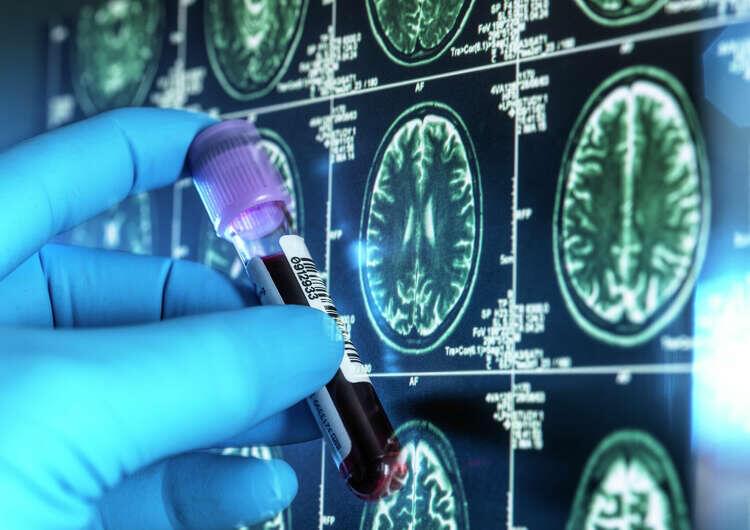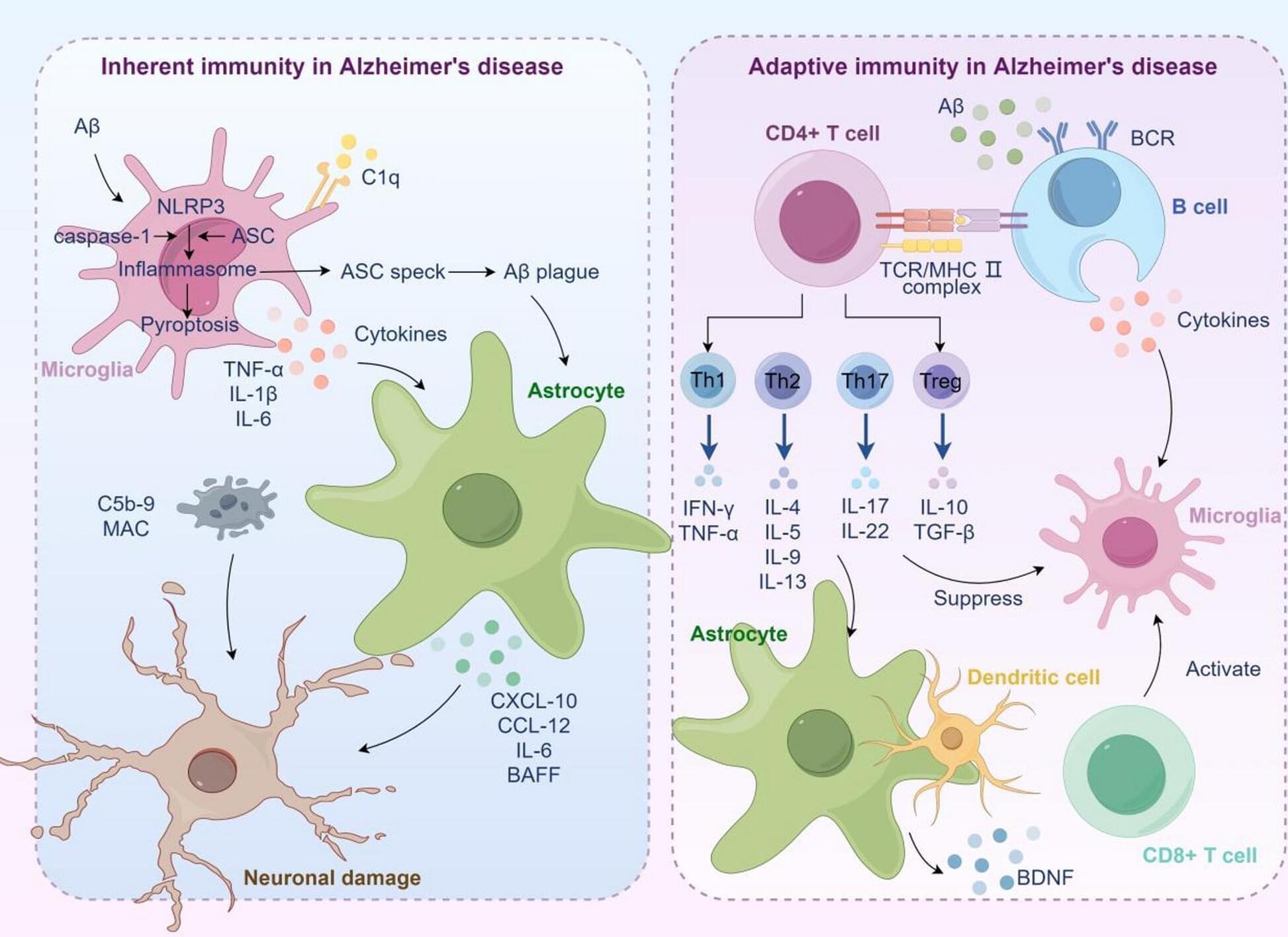This study investigated neurodegeneration in MOGAD, independent of relapses, by comparing clinical, cognitive, and advanced MRI markers in MOGAD, relapsing-remitting MS, and healthy control.
Progression independent of relapse activity (PIRA) is a novel clinical concept in multiple sclerosis (MS) that describes an insidious, persistent disability accrual not related to attacks,1 occurring not only in progressive MS phenotypes but also in the early disease and relapsing-remitting phases (RRMS).1,2 PIRA seems to reflect the presence of chronic smoldering inflammation and subsequent neurodegenerative pathobiological processes in MS.2,3 Cognitive decline independent of relapse activity (cognitive PIRA) can be a sensitive measure of neurodegeneration in MS, even independent of clinical worsening,4,5 and in other neurodegenerative conditions.6,7 Longitudinal structural MRI (sMRI) brain volume loss, measured using MRI scans at different intervals, is a marker of progressive neuroaxonal loss and atrophy and has been used to assess treatment efficacy in MS.8–11 White matter atrophy involves myelin and axonal loss, often caused by Wallerian degeneration. Gray matter atrophy is widespread, affecting areas such as the neocortex, thalamus, hippocampus, and cerebellum, and is mainly due to neuroaxonal loss and neuronal shrinkage rather than demyelination.12–14
Diffusion-weighted imaging (dMRI) is an advanced MRI approach allowing the evaluation of the microstructural brain tissue damage. Neurite orientation dispersion and density imaging (NODDI) is a water-diffusion model, which can interpret changes within one of the three compartments: intra-axonal (neurite density index—NDI), extraneurite (ODI), and free water (isotropic volume fraction—ISOVF).15 The histopathologic validation studies on the NODDI model have shown significant correlations between the ODI and circular variance, a marker of neurite orientation variability, as well as between ODI and myelin staining fraction in MS samples.16 Negative correlations were observed between the NDI and circular variance in healthy controls (HCs) and positive correlations between NDI and markers of myelin, axon, and microglia content.
